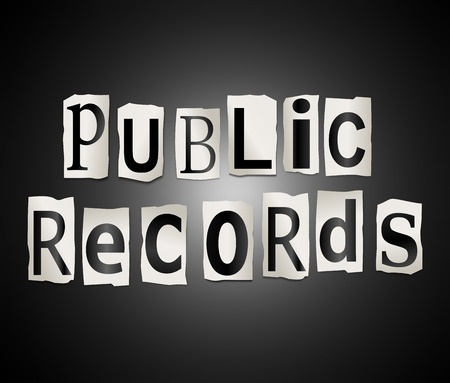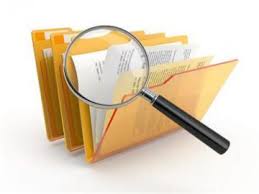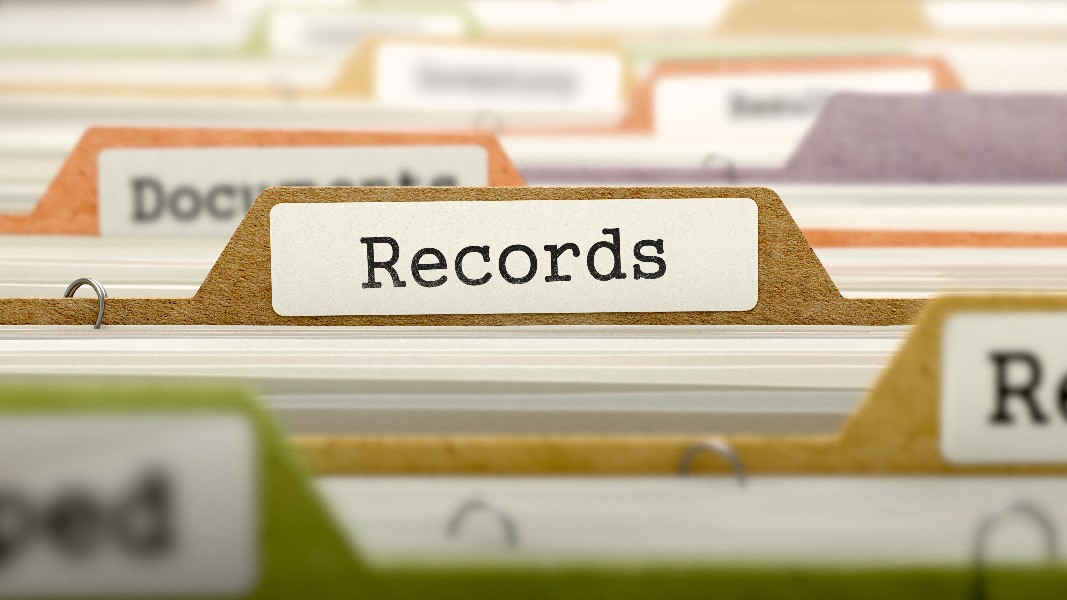Hello!
 When you’re interested to learn more about a person, you might start with a simple online search of their name. In some cases, what you might find in doing so is a collection of public records.
When you’re interested to learn more about a person, you might start with a simple online search of their name. In some cases, what you might find in doing so is a collection of public records.
What shows up in public records isn’t necessarily what would show up in a full background check for something like employment.
You may wonder what does show up and what’s meant by the public record, which we talk about in more detail below.
What’s Public Record?
The term public record is a reference to information filed or recorded by a public agency. The federal and local government creates public records, or an individual does in some cases.
Loosely, the term can also refer to communication or mail between state agencies and lawmakers.
Public records are held in physical files but are often available online.
 The term public can be a little misleading here because even though they are available to the public, that doesn’t mean accessibility is always free or easy. There are often state policies that dictate what information is available in public records and how it can be accessed.
The term public can be a little misleading here because even though they are available to the public, that doesn’t mean accessibility is always free or easy. There are often state policies that dictate what information is available in public records and how it can be accessed.
A public record is not considered confidential.
When searching for a public record, what most people are referring to is information about a particular person. Not all records that the government holds are considered public. For example, things like tax returns, juvenile court records, or school records are held by government organizations but are not considered public information.
Federal Public Records
Important to note when talking about public records is something called the Freedom of Information Act. The Freedom of Information Act applies mostly to the federal government, and every state has a law that covers its agencies.
 Also known as FOIA, this is a public records law dating back to the 1960s that requires U.S. government agencies are transparent. Anyone can submit a request for public records from a government agency. The agency, when receiving these requests, is required by law to provide the information in a timely way, with some exceptions.
Also known as FOIA, this is a public records law dating back to the 1960s that requires U.S. government agencies are transparent. Anyone can submit a request for public records from a government agency. The agency, when receiving these requests, is required by law to provide the information in a timely way, with some exceptions.
Court Records
All federal court records are available online through a public access service that’s managed by the United States Courts Administrative Office. This includes all civil federal court cases, criminal charges, and bankruptcies.
State and Local Records
Most public records about individuals come from the local level. This includes the city or county government and the state. If you want to find a public record, you can request it through the relevant County Clerk’s office.
At the local level, public records include:
- Arrests: The local policy agency or county sheriff usually maintains arrest records unless the arrest was made by state police. Criminal records can be public information, but you usually can only access them through a paid background check. Some states do release criminal history information on a limited basis. States often have their own records for criminal history information, but access available to civilians varies.
- Sex offender information: if someone commits a crime against a minor or a sex-related crime, they usually must register as a sex offender. Every state has a sex offender registry, and the general public can search these records online. A low-level sex offender might not be included in the online database, but moderate or serious crimes are included. If you’re searching a sex offender registry, you may be able to find someone by name or location. There’s often also a database of non-compliant offenders who aren’t following the rules mandated.
- Real estate records: ownership and information about property deeds are often maintained by a county assessor, and most counties let you search this online.
- Liens: A state maintains lien records, and if you want to find this information, you should go through the office of the Secretary of State.
- Corporation and Ownership of LLCs: This information might be private in your state, but if it’s a public record, you go through the office of the Secretary of State.
Also read: Top 6 Tips to Stay Focused on Your Financial Goals
Is a Divorce Public Record?
 Most court documents are public records unless there’s a reason, and that can include both a Separation Agreement if one is filed and divorce papers.
Most court documents are public records unless there’s a reason, and that can include both a Separation Agreement if one is filed and divorce papers.
If a court matter is sensitive and the records could cause harm if they were made public, the court might seal documents. A sealed record can be viewed only with a court order. If a divorce includes children, domestic violence, or proprietary business information as examples, a court might seal the records. A court could also seal divorce records if they have false allegations included in them.
To get divorce records sealed, you often have to submit a request, and the court can still say no.
Just because you feel the information is embarrassing doesn’t mean the court is going to automatically seal your records.
Your Credit Report and Public Records
 A section of a credit report includes public records. These are things that are one file with local, state, or federal courts.
A section of a credit report includes public records. These are things that are one file with local, state, or federal courts.
If you have major delinquency, a creditor can take legal action. If the court rules in favor of the creditor, then it becomes a public record, and it may also be included in your credit report.
Public records appearing on a credit report include tax liens, bankruptcy, and judgments.
Bankruptcy records may stay on your credit report for 7 to 10 years. Foreclosures can stay for seven years.
If you find out that a public record on your credit report is an error, there is a dispute process you can follow to try and have it removed. You can also dispute the error with the court that gave the entry if the credit bureau doesn’t remove it.
Remember, even though a lot of potentially embarrassing information is technically a public record, it doesn’t mean that people automatically know how to access it or that the information is easy to get. It can become problematic if an employer is running a background check, although they have to notify you that they’re doing so.
Thank you!
Join us on social networks!
See you!






